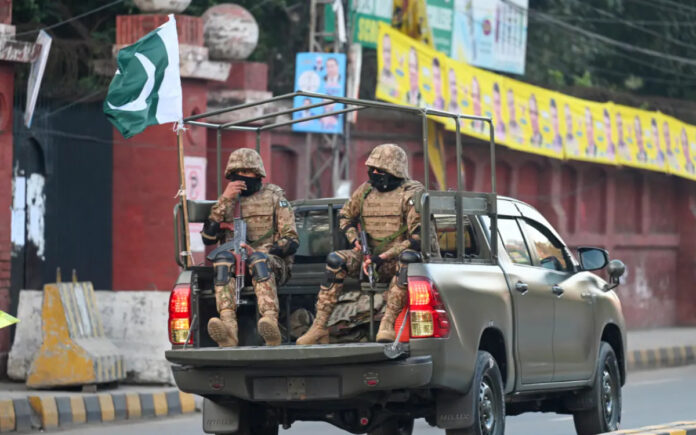Islamabad: Pakistan’s military is confronting a significant shortage of artillery ammunition, casting doubt on its preparedness for sustained high-intensity conflict as tensions with India escalate following the April 22 Pahalgam terrorist attack.
According to a report by news agency ANI, Pakistan has enough artillery ammunition to support only 96 hours of intense combat. This revelation has reportedly sparked alarm within the country’s military leadership and dominated discussions during a Special Corps Commanders Conference held on May 2.
The report attributes the shortage to recent arms exports by Pakistan to Ukraine—particularly 155mm artillery shells—driven by soaring global demand. While these exports have provided short-term economic gains, they appear to have critically depleted the country’s own strategic reserves, leaving platforms such as M109 howitzers and BM-21 rocket systems under-equipped.
Efforts to rebuild the ammunition stockpile have reportedly stalled due to limitations within Pakistan Ordnance Factories (POF), the primary domestic arms producer. The report highlights outdated infrastructure and sluggish production rates, which have prevented the POF from meeting internal military demands, despite assurances that army requirements are being prioritized.
“The pursuit of short-term economic gain has inflicted a long-term strategic wound,” a senior defense analyst told ANI, criticizing the decision to export key ammunition without adequately safeguarding national defense needs.
Pakistan’s ongoing economic crisis has further compounded the situation. Soaring inflation, dwindling foreign currency reserves, and escalating debt have forced the military to reduce rations, cut back on training exercises, and cancel war games due to fuel shortages, the report notes.
In an apparent attempt to prepare for potential escalation, intelligence sources indicate that Pakistan has started constructing new ammunition depots near the Indian border. However, analysts caution that these measures may offer limited strategic advantage if the underlying issue of inadequate stockpiles remains unaddressed.
Also Read | Baglihar Dam Flow Curtailed as India Turns Up Heat on Pakistan
The developments come amid a sharp deterioration in India-Pakistan relations after the Pahalgam terror attack, which killed 26 people, most of them tourists. India has accused Pakistan-based militant groups of orchestrating the assault and has launched a series of retaliatory actions.
These include suspending the Indus Waters Treaty, shutting down the Integrated Check Post at Attari, halving diplomatic staff in both countries, revoking all Pakistani visas, and closing Indian airspace to Pakistani carriers.
Also Read | Jaishankar Emphasizes Global Importance of Arctic as India Enhances Engagement
In response, Pakistan has barred Indian-flagged vessels from docking at its ports, a retaliatory move that followed India’s restrictions on Pakistani ships and the suspension of all imports from Pakistan.
The growing list of tit-for-tat measures and heightened rhetoric on both sides is adding to fears of a broader confrontation between the two nuclear-armed neighbors.



